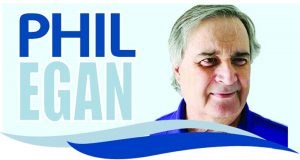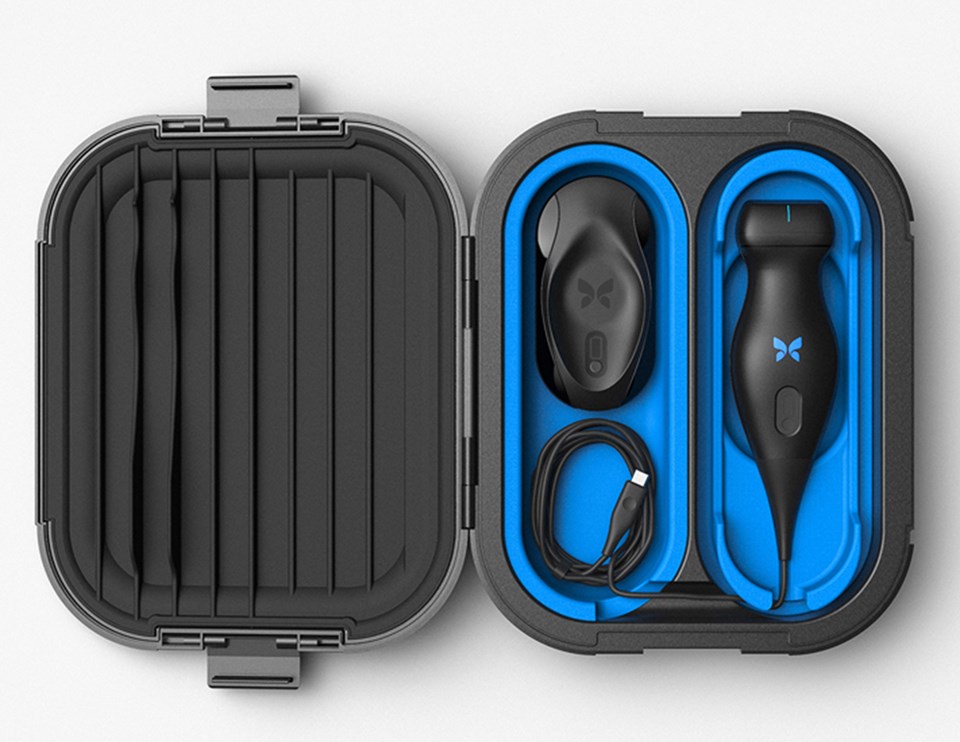 Lord knows, I’m no scientist.
Lord knows, I’m no scientist.
While I loved history, English and other languages at school, physics, chemistry and science weren’t for me.
But I know something revolutionary when I see it – especially when it’s something the Bill and Melinda Gates Foundation is pouring money into.
An international company called Butterfly Network has found a way to turn a smartphone into an ultrasound machine. The product, called the Butterfly I.Q. handheld ultrasound, was launched in the U.K. in September and has already given the company a $1.25 billion valuation.
Roughly the size of an electric shaver, the device allows a doctor or technician to diagnose tumours or other abnormalities anywhere in the body within seconds, and without the need to make a trip to the hospital.
The Butterfly I.Q. is not yet available for sale in Canada. Sarnia doctors I called about it weren’t familiar with the device, although most knew big changes are coming in ultrasound technology.
But Dr. Stephen Stokes of Ionia, Michigan’s Applied Pain Solutions predicts, “the days of the stethoscope are over.”
The stethoscope was invented in France in 1816. The iconic instrument has been the device most commonly used by doctors ever since.
“I’ve only had it for a short time,” Dr. Stokes said, “but it’s already blowing my mind. I can scan a patient’s heart, and instantly on my IPhone I can see the valves of the heart opening and closing. I can see the blood moving through the heart, and see if the patient has some sort of cardiovascular problem.”
“This is going to become the new stethoscope, for sure,” Stokes added. “You’re going to start seeing these in every doctor’s office and clinic.”
Birgit Lacey, the public affairs spokesperson at Bluewater Health, was reticent about endorsing the Butterfly I.Q., not having seen it. But she said the hospital looks forward to evaluating the device if and when it’s approved by Health Canada.
According to Health Canada, an application to sell the device in Canada has not yet been received.
Butterfly Network was founded by Jonathan Rothberg, a biotechnology entrepreneur. He had already received the National Medal of Technology and Innovation from U.S. President Obama before creating the Butterfly device.
Rothberg switched from DNA sequencing to ultrasound research for his daughter. She suffers from a disease that causes patients to develop tumours throughout the body, requiring multiple ultrasounds.
The world’s first handheld ultrasound device offers hope to the 4.7 billion people who don’t have access to medical imaging, thus revolutionising modern medicine.
The device is currently being sold in the United States for $2,000 (U.S.)
